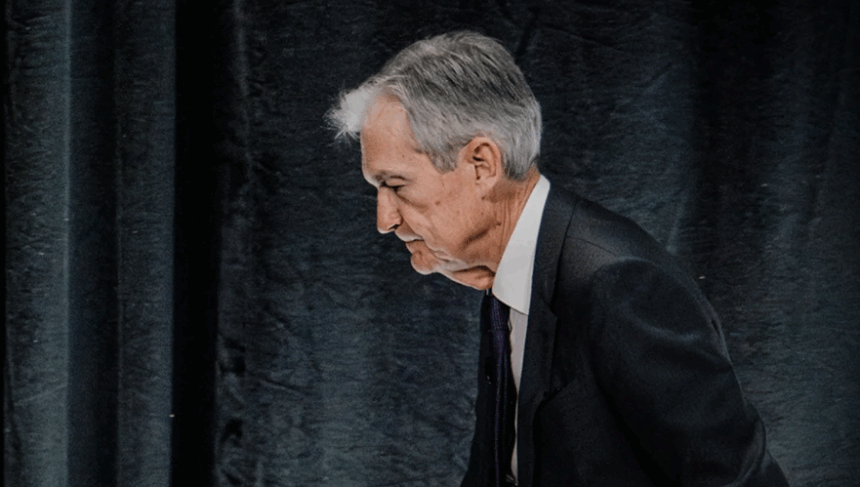President Donald Trump’s renewed attacks on Federal Reserve Chair Jerome Powell have reignited fears over the independence of the U.S. central bank, with analysts warning of potential economic instability if political interference intensifies.
In a fiery exchange with reporters on Thursday, Trump lashed out at Powell, declaring, “If I want him out, he’ll be out of there real fast, believe me.” The president expressed frustration that the Fed has not lowered interest rates, a move he believes would boost consumer confidence and stock markets ahead of a fragile economic stretch.
Trump’s outburst followed Powell’s warning during a speech in Chicago that the president’s escalating tariffs could fuel inflation and unemployment, stating that “some of their burden would be paid by the public.” The Fed’s remarks directly challenged Trump’s claim that import taxes would not affect consumers—a cornerstone of his trade policy.
The confrontation highlights the growing strain between the White House and the Federal Reserve. Trump, who appointed Powell in 2018, has repeatedly pressured the central bank to ease monetary policy, especially as the U.S. grapples with the economic fallout from his aggressive tariff strategy, including a recent 145% duty on Chinese imports.
Despite cutting rates three times last year, the Fed has since paused further reductions, citing economic uncertainty. Trump’s dissatisfaction has escalated, particularly as the European Central Bank implemented another rate cut, prompting him to question why the U.S. is not following suit.
Critics argue that Trump’s interference undermines the fundamental independence of the Fed, which was established in 1913 to insulate monetary policy from political pressure. Senator Elizabeth Warren, a frequent critic of Powell, nonetheless defended the Fed chair, warning that firing him would “crash markets” and turn the U.S. into “any two-bit dictatorship.”
Though the president lacks clear authority to remove Powell without cause, legal debates around the 1935 precedent protecting independent agency leaders could reach the Supreme Court. Meanwhile, senior officials, including Treasury Secretary Scott Bessent, have reportedly urged Trump against such a move.
Powell, who was reappointed by President Joe Biden in 2022, has been credited with steering the U.S. economy through the COVID-19 crisis and taming inflation from over 9% to 2.4%, all while avoiding mass unemployment. His cautious and data-driven approach is seen as vital to market stability.
Yet with consumer confidence dipping, supply chain disruptions looming, and recession fears mounting, Trump’s unpredictable leadership is adding further volatility. Even the threat of removing Powell, observers warn, could shake investor confidence and damage America’s global financial reputation.
As political pressure mounts, Trump’s actions are serving as a reminder of why central bank independence is considered essential for long-term economic stability.

